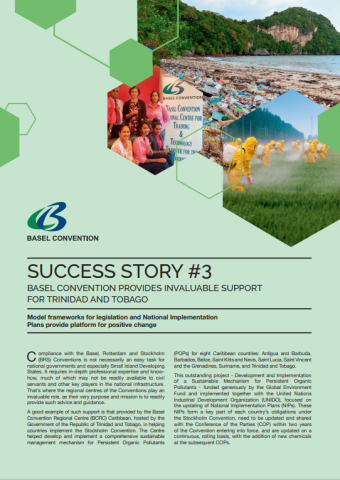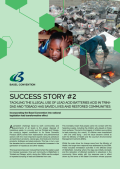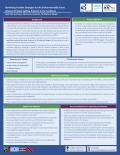
Compliance with the Basel, Rotterdam and Stockholm (BRS) conventions is not necessarily an easy task for national governments, especially for Small Island Developing States. It requires in-depth professional expertise and know-how, much of which may not be readily available to civil servants and other key players in the national infrastructure.
This case study looks at the role regional centres of the conventions can play, as their very purpose and mission is to readily provide such advice and guidance. A good example of this is the Basel Convention Regional Centre (BCRC) Caribbean, hosted by the Government of Trinidad and Tobago. The centre has helped implement and develop sustainable management mechanisms for persistent organic pollutants (POPs) for eight Caribbean countries: Antigua and Barbuda, Barbados, Belize, Saint Kitts and Nevis, Saint Lucia, Saint Vincent and the Grenadines, Suriname, and Trinidad and Tobago.
Through the Development and Implementation of a Sustainable Mechanism for Persistent Organic Pollutants project, the centre has focused on the updating National Implementation Plans, which form a key part of each country’s obligations under the Stockholm Convention.



